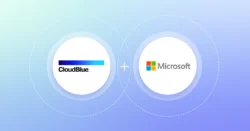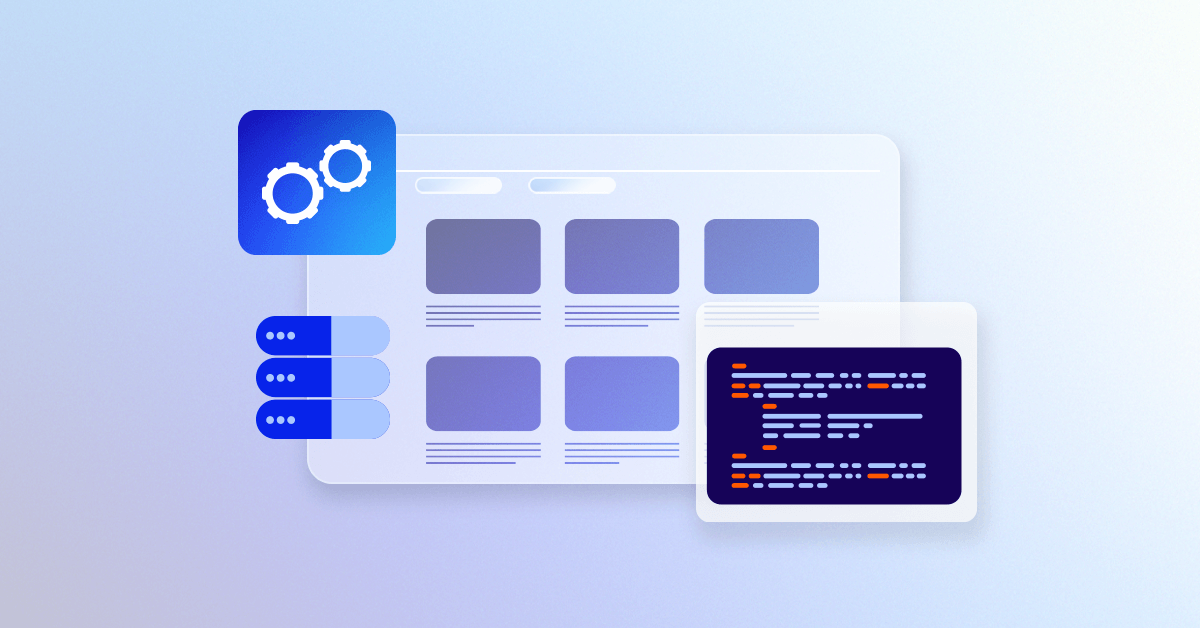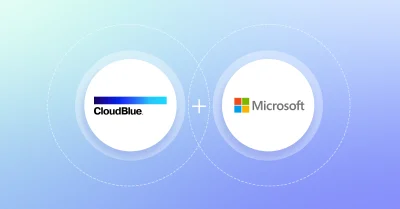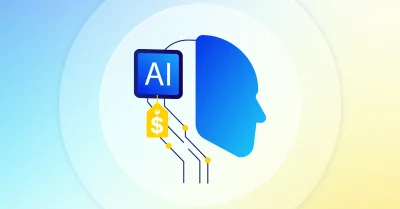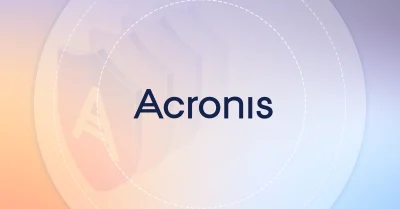Define Integration Platform as a Service (EiPaaS)
EiPaaS stands for “Enterprise Integration Platform as a Service.” EiPaaS allows businesses to connect their disparate applications, systems, and data sources into a unified system, reducing manual data entry, streamlining workflows, and eliminating data duplication. It provides a central hub for data integration and management, enabling real-time data access and enabling better collaboration between different departments and systems.
Another advantage of EiPaaS is its scalability, as it can accommodate the integration needs of small and large businesses alike. Additionally, as a cloud-based service, it eliminates the need for businesses to invest in and maintain on-premise hardware and software, reducing costs and increasing agility.
EiPaaS provides businesses with a powerful and flexible solution that enables them to streamline operations, improve decision making, and enhance customer experiences. It’s a must-have for businesses looking to stay competitive in today’s fast-paced and ever-changing digital landscape.
How does EiPaaS help customers?
EiPaaS solutions are designed to make it easier for companies to connect and manage their IT infrastructure, automate business processes, and improve data flow and accessibility. They typically include features such as data mapping, transformation, and integration, as well as real-time monitoring and management capabilities.
What are some of the top EiPaaS vendors?
- Informatica Intelligent Data Management Cloud
- Workato
- Boomi AtomSphere Platform
- Celigo Integration Platform
- The SnapLogic Intelligent Integration Platform
- SAP Integration Suite
- SAP Integration Suite
- TIBCO Cloud Integration
- Martini
- Azure Logic Apps
What challenges does EiPaaS help customers overcome?
EiPaaS is designed to help companies overcome a number of challenges related to integrating different applications, systems, and data sources. Some of the key challenges that EiPaaS solutions aim to address include:
Complexity: EiPaaS solutions provide a unified platform that simplifies the integration process and reduces the need for custom coding.
Data silos: EiPaaS solutions help to break down silos by providing a centralized platform for managing and integrating data across the organization.
Lack of visibility: See how data is flowing between different systems and identify bottlenecks or errors. EiPaaS solutions provide real-time monitoring and management capabilities that make it easier to see what’s happening with integrations.
Scalability: As companies grow, their IT infrastructure may become more complex and harder to manage. EiPaaS solutions are designed to scale with the needs of the business. They can handle a large number of integrations and data flows.
Security: Integrating different systems can expose vulnerabilities and security risks. EiPaaS solutions include security features that help to protect data and ensure compliance with relevant regulations.
How does offering EiPaaS help cloud providers?
Offering EiPaaS solutions can help cloud providers in several ways:
Differentiation: Cloud providers can differentiate their services by offering EiPaaS as an add-on service. This can help to attract and retain customers who are looking for a more comprehensive solution for integrating their systems and applications.
Increased revenue: Cloud providers can generate additional revenue by offering EiPaaS as a paid service or by charging for the use of specific features or integrations.
Improving customer satisfaction: By offering EiPaaS, cloud providers can help their customers to more effectively integrate their systems and applications. As a result, they can increase customer satisfaction.
Enhancing the overall cloud ecosystem: EiPaaS allows customer to easily integrate their existing systems with cloud services. Thus, it can lead to more customer adoption of cloud services.
Data security: EiPaaS can also provide enhanced security features that can help to protect customer data and ensure compliance with relevant regulations. As a result, this helps the customer to increase their level of trust and confidence in the cloud provider’s services.
What is an example of integration platform as a service EiPaaS?
An example of an EiPaaS solution is MuleSoft’s Anypoint Platform. It provides a unified platform for connecting and integrating applications, data, and devices, and enables businesses to create and manage API-led connectivity between systems. The platform offers a range of tools and functionalities, including data mapping, data transformation, and real-time data integration, as well as capabilities for building and deploying integrations in the cloud or on-premise.
With Anypoint Platform, businesses can connect their disparate systems, increase automation and efficiency, and improve data quality and accuracy. Additionally, the platform provides a centralized hub for data integration and management, enabling real-time data access and better collaboration between different departments and systems.
Another example of EiPaaS is Dell Boomi AtomSphere, which provides a cloud-based integration platform for connecting applications, data, and devices. AtomSphere offers a range of capabilities, including data mapping and transformation, real-time data integration, and the ability to build and deploy integrations in the cloud or on-premise.
Is iPaaS the same as EiPaaS?
iPaaS (Integration Platform as a Service) and EiPaaS (Enterprise Integration Platform as a Service) are essentially the same thing. The terms are often used interchangeably to refer to cloud-based platforms that provide businesses with tools and functionalities for integrating various applications, systems, and data sources.
Both iPaaS and EiPaaS offer a centralized hub for data integration and management, enabling real-time data access and better collaboration between different departments and systems. They also provide functionalities such as data mapping, data transformation, real-time data integration, and API management, helping businesses to streamline their operations and improve decision-making.
The difference between the two terms is mainly in their scope and focus. iPaaS tends to have a broader definition and is often used to refer to integration platforms that cater to a wide range of industries and use cases. EiPaaS, on the other hand, has a more specific focus on enterprise-level integration, and is typically aimed at larger organizations that have more complex integration needs.
What is an example of work performed by an EiPaaS solution?
An EiPaaS solution can perform a variety of tasks related to integrating various applications, systems, and data sources. Some examples of the work performed by an EiPaaS solution include:
Data integration: EiPaaS enables the integration of data from different systems into a centralized hub, ensuring real-time data access and improved data accuracy.
Workflow automation: An EiPaaS solution can automate manual tasks, such as data entry, to streamline business processes and improve efficiency.
Application integration: EiPaaS can connect disparate applications into a unified system, reducing manual data entry, eliminating data duplication, and enabling better collaboration between departments and systems.
Data mapping and transformation: An EiPaaS solution can map and transform data from different systems into a common format, ensuring compatibility and improving data quality.
Real-time data integration: An EiPaaS solution enables real-time data integration, allowing businesses to access the most up-to-date information from different systems in real-time.
API management: An EiPaaS solution can manage APIs, enabling businesses to connect to third-party systems and services, and manage the flow of data between them.
Scalability: An EiPaaS solution can accommodate the integration needs of businesses of all sizes, providing scalability and increasing efficiency.
In conclusion, an EiPaaS solution performs a wide range of tasks related to integrating applications, systems, and data sources, including data integration, workflow automation, application integration, data mapping and transformation, real-time data integration, API management, and scalability.
What are key considerations for companies considering using EiPaaS?
When considering using EiPaaS, companies should consider the following key factors:
- Integration needs: Companies should assess their integration needs, including the types of applications, systems, and data sources they need to integrate and the data flows they need to manage.
- Security: EiPaaS involves the management of sensitive data, so security should be a top consideration. Companies should evaluate the security measures and protocols used by the EiPaaS provider to ensure that their data is protected.
- Scalability: Companies should consider their current and future integration needs, including the size of their business, the complexity of their integration requirements, and their future growth plans.
- User experience: Companies should evaluate the user experience of the EiPaaS platform, including its ease of use, intuitiveness, and the level of support available.
- Integration capabilities: Companies should assess the integration capabilities of the EiPaaS platform, including its data mapping and transformation functionalities, its API management capabilities, and its ability to support real-time data integration.
- Integration with existing systems: Companies should evaluate the compatibility of the EiPaaS platform with their existing systems, including their enterprise resource planning (ERP), customer relationship management (CRM), and other systems.
- Cost: Companies should consider the costs associated with using an EiPaaS platform, including any recurring costs, as well as any additional costs for training, support, or additional functionalities.
Companies considering using an EiPaaS platform should consider their integration needs, security, scalability, user experience, integration capabilities, compatibility with existing systems, and costs. By evaluating these factors, companies can ensure that they choose an EiPaaS platform that meets their needs and enables them to streamline their operations and improve decision-making.
How does an EiPaaS vendor manage platform operations, patching and upgrades?
An EiPaaS vendor typically manages platform operations, patching, and upgrades in the following ways:
- Infrastructure Management: The vendor manages the infrastructure of the EiPaaS platform, including server hardware, network components, and storage systems, ensuring that the platform is available and performs optimally.
- Platform Maintenance: The vendor performs regular maintenance activities on the platform, including software and security patching, bug fixing, and performance optimization.
- Upgrades: The vendor manages platform upgrades, ensuring that the platform is up-to-date with the latest technology advancements and that its customers are using the latest version of the platform.
- Monitoring: The vendor provides monitoring and reporting capabilities to monitor the performance of the platform, track usage, and identify potential issues.
- Customer Support: The vendor provides customer support, including technical support, training, and consultation services to help customers effectively use and manage the platform.
- Data Backup and Recovery: The vendor provides data backup and recovery capabilities, ensuring that customer data is protected and can be recovered in the event of a disaster.
An EiPaaS vendor ensures that the platform is available, secure, and performing optimally. By outsourcing these operations, companies can focus on their core business and can benefit from the vendor’s expertise in managing the platform.




